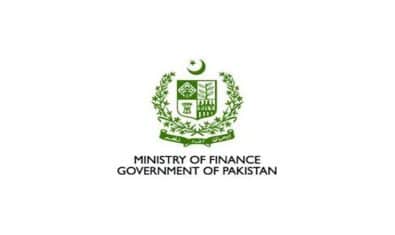The latest edition of the World Economic League Table or the WELT 2020 has been released which is produced by international economic forecasters, the London-based Centre for Economics and Business Research (CEBR).
WELT tracks the size of different economies across the globe and projects changes over the next 15 years, up to 2034.
In 2019, among 193 countries, Pakistan’s economic position was 44th while the US is first, China second, Japan third, Germany fourth and India’s fifth. The report stated that between 2019 and 2034, Pakistan will move from 44th place to 50th place in the World Economic League Table.
It stated that Pakistan had a PPP adjusted GDP per capita of $5,872 in 2019, making it a lower-middle-income country. The economy of Pakistan has carried its momentum from last year, with GDP increasing 3.3% in 2019, down from 5.5% in 2018.
It highlighted that Pakistan’s growth coincides with the country’s clear objective of cutting down political corruption and increasing overall confidence in the country’s economic future. The unemployment rate, on the other hand, remained steady at 6.1% in 2019.
The weakness of the labor market stands in contrast with the strong performance of the overall economy and suggests that successfully decreasing the rate of unemployment could help to transition the country into an even higher growth path.
Per capita incomes have increased steadily over the last few years, with a robust rate of economic expansion coupled with a low rate of population growth, which has averaged just 1.9% per year between 2014 and 2019. Between 2020 and 2025, CEBR forecasts that the annual rate of GDP growth will rise to an average of 4.2%.
Over the remainder of the forecast horizon, economic growth is expected to accelerate further to an average of 5.0% per year.

It also highlighted that in 2019, the USA accounted for 24.8% of the world’s GDP, its largest share of the world economy since 2007. And the US is now expected to remain the world’s largest economy throughout the 2020s and will be overtaken by China only in 2033.
You can read the report here.

























It is evident from this and many other such reports that the political instability of 2017 had a devastating effect on Pakistan’s economy. It will take many years to even reverse the process set aside the growth. The more troubling thing is that people involved in that chaos are not taking any responsibility and seems they will continue their approach; a resultant political turmoil will continue to hunt Pakistan’s economy :(